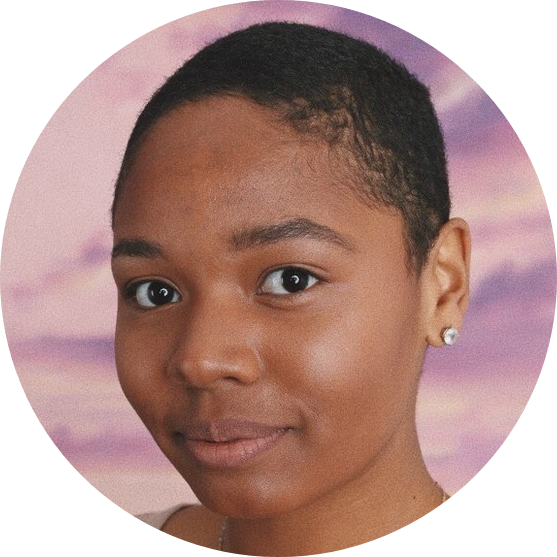
This article is part of our Freedom and Justice Week series – as Global Dashboard provides a platform for a diversity of voices to explore how we respond to the wave of protests that followed the murder of George Floyd. Read all the articles in the series here.
The United States – destined to face many truths in 2020 – is confronted by the culmination of its long history of police brutality and exploitation of Black people. Systemic racism is prevalent, thriving, and designed to persist even as the economy teetered, millions lost their jobs, and more than a hundred thousand people died from COVID-19.
The stark reality of privilege in this country was made clear as Black people faced higher infection and mortality rates due to socioeconomic disparities and implicit bias woven into an overwhelmed healthcare system. As social distancing requirements prevented families from grieving loved ones who fell ill and died, we witnessed videos of police brutality and vigilante murder against Black people on social media. It is clear that no matter what crisis Americans face, Black people will suffer trauma at a disproportionate rate.
“Systemic racism is prevalent, thriving, and designed to persist”
Behind the façade of the US as a ‘superpower’ is a failing healthcare system and a broader inability to protect its citizens. The police prioritise militarisation over the lives of individuals they swore to protect. People have responded to an over-funded and over-protected police force through protests in every single state.
A large part of the population is either unemployed, furloughed, or working from home, giving people the opportunity to look inward and to examine their role in keeping white supremacism alive. They invested the energy normally taken up by commutes or meetings into educating themselves on how systemic racism infiltrates every level of society – from microaggressions to lynching.
Protests took the form of rallies, marches, vigils, intercommunal discussions, bike rides, boycotts, and holding oppressors responsible for their actions.
In McCarren Park in Williamsburg, New York, activists attended a silent vigil, which was followed by a promise by white attendees to use their privilege to aid in the dismantling of white supremacy. No change can occur if those who benefit from oppression are not aware of it. Protestors attempted to remain 6 feet apart and wore masks in order to protest responsibly. As the moment of silence concluded, the march began down Union Avenue towards the Brooklyn Queens Expressway. Onlookers honked in celebration, cheered from rooftops, and traffic stopped.
“No change can occur if those who benefit from oppression are not aware of it”
But this protest showed that even when protesting for Black Lives Matter, the air of privilege still lingers. In a community with some of the most expensive real estate in the world, there was no police presence to antagonise activists. This was not surprising. The police do not oppressively monitor public spaces in affluent neighbourhoods. If the majority of the protestors had been Black, at a lower economic level, in a different neighbourhood, would the outcome have been the same? No, it would not.
Protests must take place in every city and setting, drawing every person out of their home for effective change. No protest is better than the other – they are all valid, valued, and necessary. But the setting of each protest means that a different type of protestor has access to the space. We must understand these patterns, analyse how the police selectively seek out violence towards Black people, and acknowledge how a proximity to whiteness and wealth can secure one’s safety.
There is no single way to promote change – activism starts with a thought and a dedication to a revolution. The process of dismantling white supremacism begins with learning, flexibility, the willingness to change, listening to those affected most, and believing people when they express their hurt. The communities impacted by America’s long history of exploitation and violence have made their voices heard. Privileged individuals must acknowledge the liberties and capital they have is tainted by the trauma of individuals they have never met. Prioritise voices that have asked for a seat at the table – and set the table on fire.




